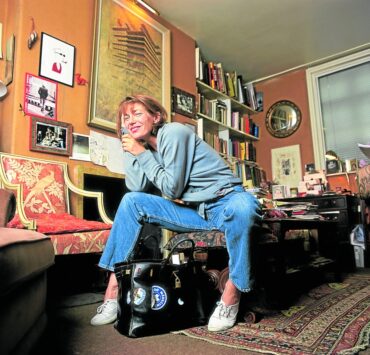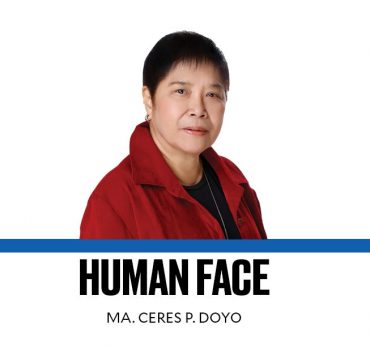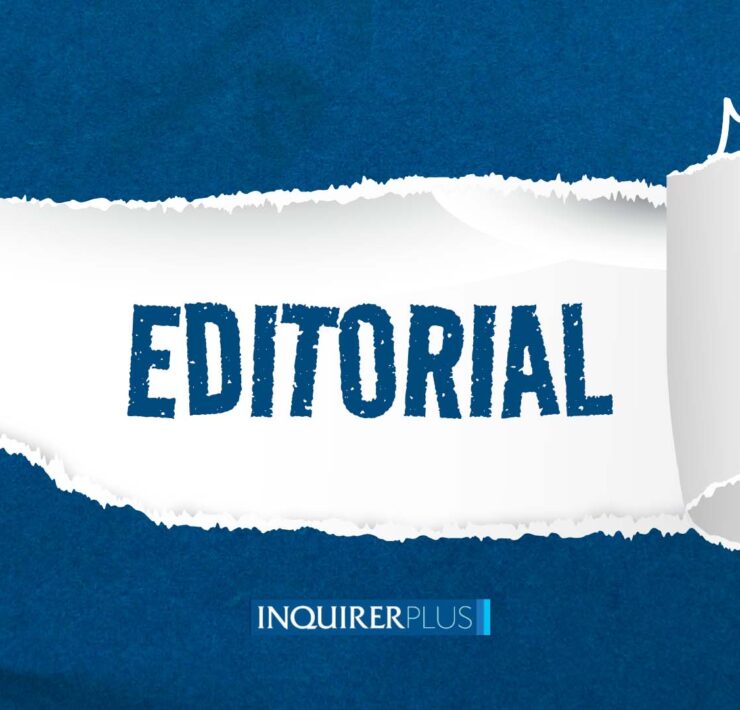News and faith as reflections of ourselves
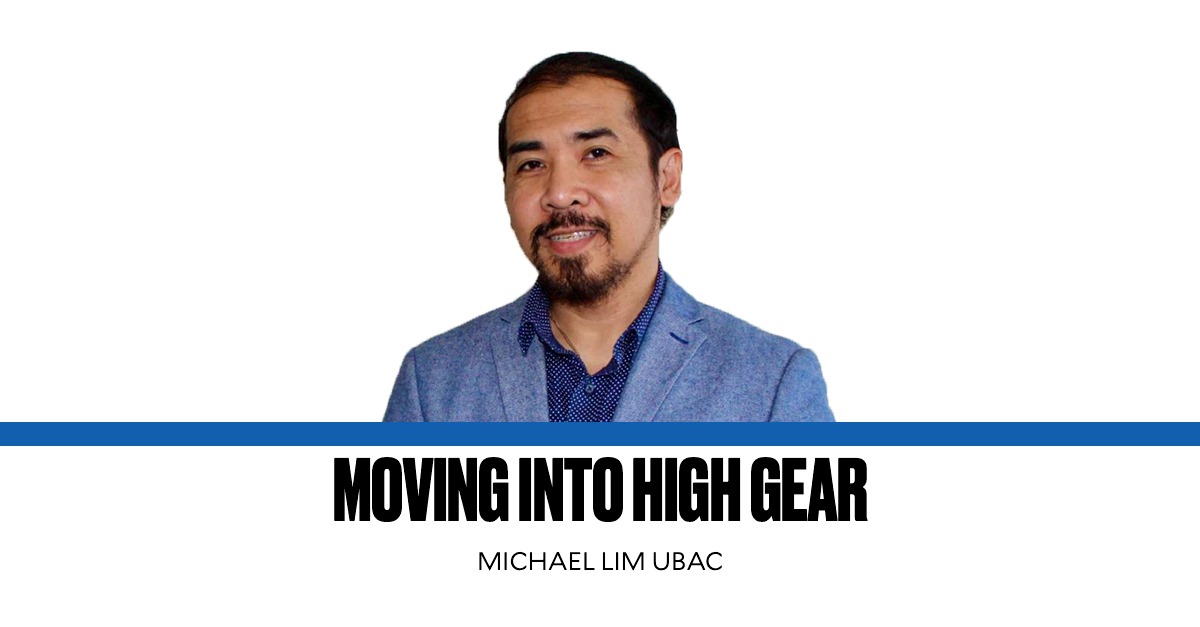
In this season of Lent, it may seem odd to talk about spirituality and secular things at the same time, as we usually separate the sacred from the mundane.
In my column last year (see “Normalizing non-wage benefits,” 2/15/24), I discussed the bifurcation of our vocation because of this secular-sacred divide. This divide has been constant throughout history. In the medieval era, there was a distinct division between contemplative life and active work that separated the act of loving God from loving others. Contemplative life was regarded as a sacred vocation that was restricted to members of the monastic order.
Eventually, vocational calling was universalized to be embraced by even those doing everyday work. In short, the more we bifurcate our work and vocational calling, the less we will be able to appreciate the unity of our personhood.
Knowing the world through news
The same theme of the unity of our existence has been explored by Walter Brueggemann, who managed to pull off an unorthodox feat: marrying the role of newspapers into human experience and faith through the book of Psalms.
Brueggemann, an author and Old Testament professor, said in his book “Praying the Psalms” that paying attention to what is written in newspapers and other literature can help one gain knowledge about others.
“The daily newspaper is a summary and a chronicle of what goes on among us; the healings and betrayals, the power sought and gained, the brokenness and gifts and victories,” he said.
The news itself is committed to presenting to us what is considered to be the “most unusual and important in the world,” according to Alain de Botton in his book, “The News: A User’s Manual.”
Referencing Georg Hegel, De Botton said the German idealist and philosopher thought that societies become modern “when news replaces religion as our central source of guidance and our touchstone of authority. In the developed economies, the news now occupies a position of power at least equal to that formerly enjoyed by faiths.”
The news demands that “we approach it with some of the deferential expectations we would once have harbored of the faiths. Here, too, we hope to receive revelations, learn who is good and bad, fathom suffering and understand the unfolding logic of existence,” De Botton said.
Competing views of reality
In the current post-Christendom and postmodern world, religion has lost its privileged status, especially in the West. The news has also been muddied by fake news that spread with lightning speed, particularly online. So, readers and viewers in the 21st century are buffeted with competing views of reality, whether it’s politics or entertainment.
Here, it would be wise to return to Brueggemann, who devised a life schema that dealt with orientation, disorientation, and reorientation. He talked about “being securely oriented,” which is an attitude of equilibrium and safety. Meaning, one is “well settled, knowing that life makes sense, and that God is well placed in heaven.”
But experiences of dislocation, such as events that threaten or disrupt our sense of balance, normalcy, and reality, can lead to painful disorientation. These experiences of dislocation–of being overwhelmed by the sheer amount of information and disinformation churned out by traditional media and social media, for instance—compel us to seek a higher arbiter for seeking the truth, revealing a yearning for the divine.
When that happens, we can be reoriented. “This is not an automatic movement that can be presumed or predicted. Nor is it a return to the old form, a return to normalcy as though nothing has happened. It is rather ‘all things new,’” said Brueggemann.
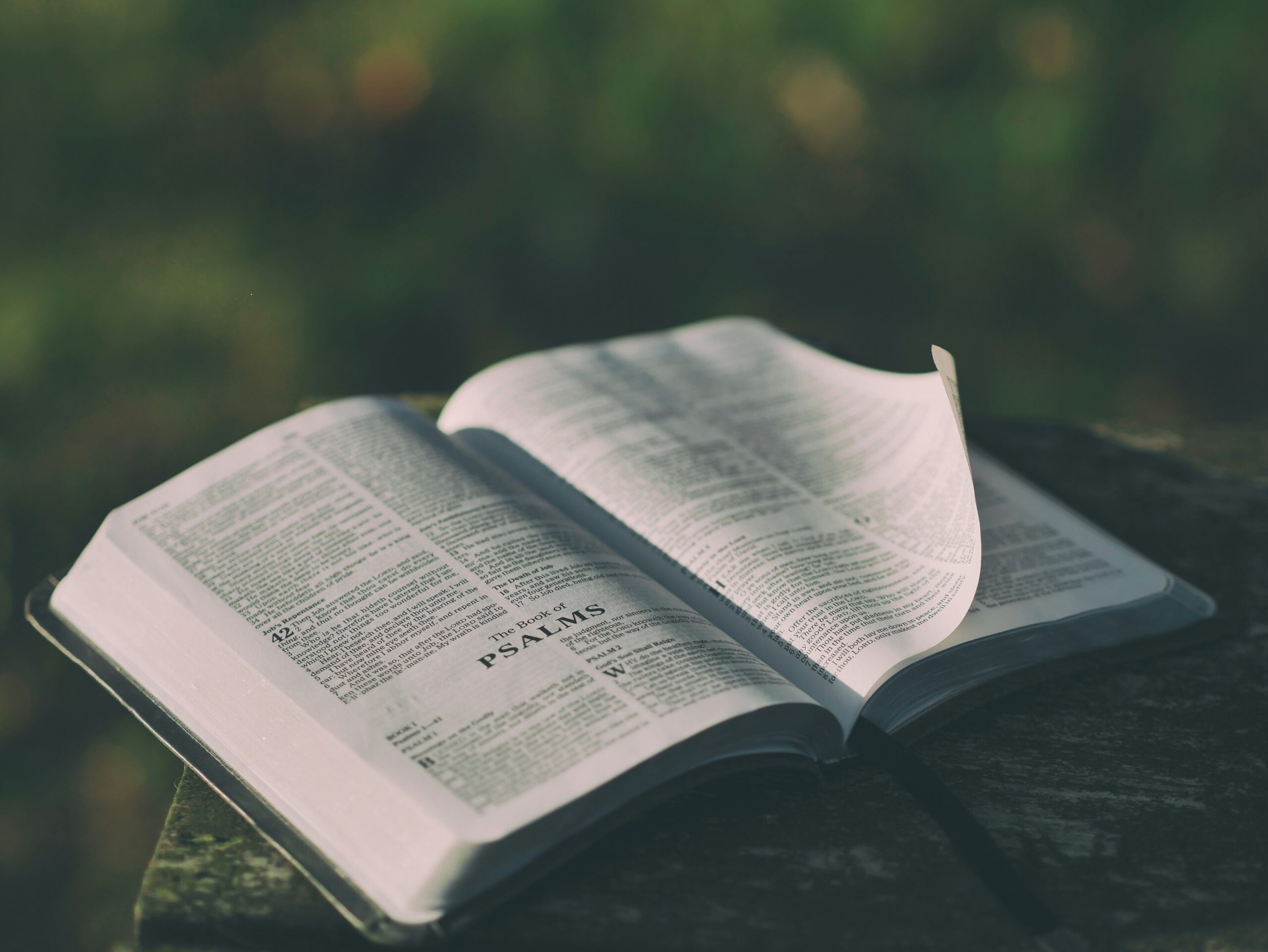
Voice of our common humanity
Brueggemann then introduced the Psalms, which belong to the wisdom books of the Bible alongside the books of Job, Proverbs, Ecclesiastes, and Song of Songs. Just like the news, the Psalms are generally not God’s voice addressing fallen humanity, he said.
“They are rather the voice of our own common humanity, gathered over a long period of time; a voice that continues to have amazing authenticity and contemporaneity. It speaks about life the way it really is, for the same issues and possibilities persist in those deeply human dimensions,” he said.
As Holy Week approaches, it could be the perfect moment to reflect deeply on ourselves in relation to others and the world around us. Do we still see ourselves and our work as separate worlds? Is the truth still necessary for our human existence and experience? What is the role of faith—and prayer—in bridging the yawning gap in our polarized society?
Humanity is about life and death. Brueggemann is right: “There is the power of resurrection as well as the inescapability of crucifixion. The conquest of chaos and the gift of fresh life-giving order must also be brought to speech. Such experiences include all those gifts of friendship and caring, all those gestures of reconciliation and forgiveness, all those risky signs of hope in public life, all experiences that may touch as deeply and announce that God has not left the world to chaos.”
—————-
For comments: mubac@inquirer.com.ph














